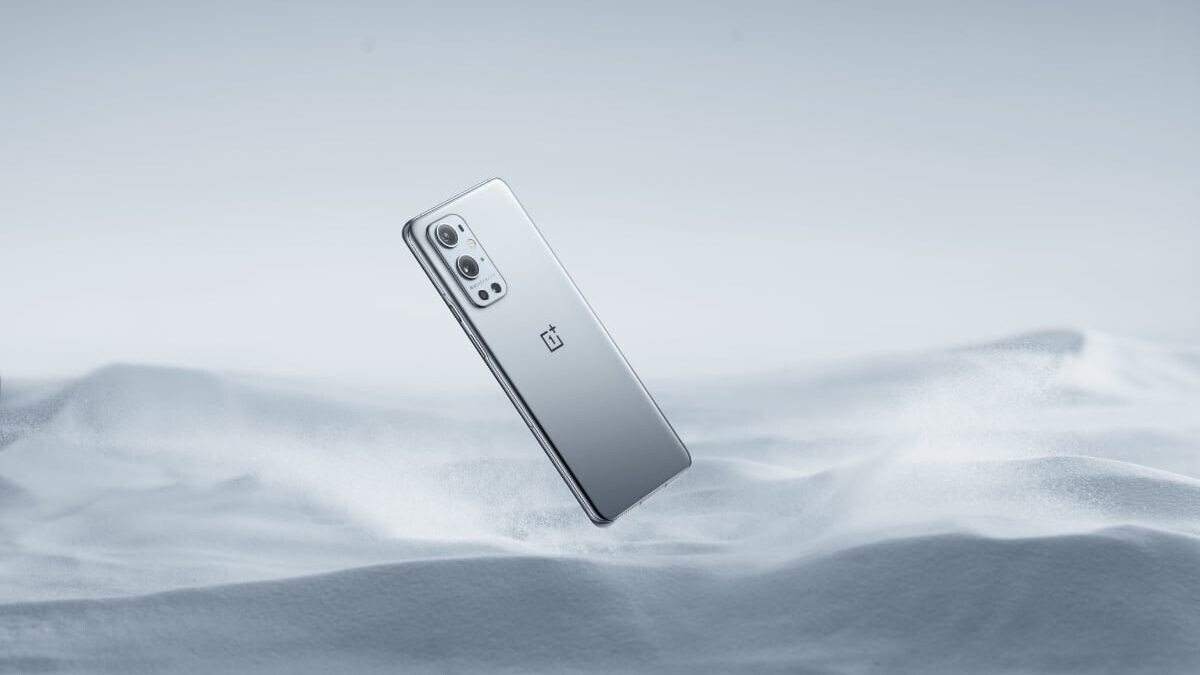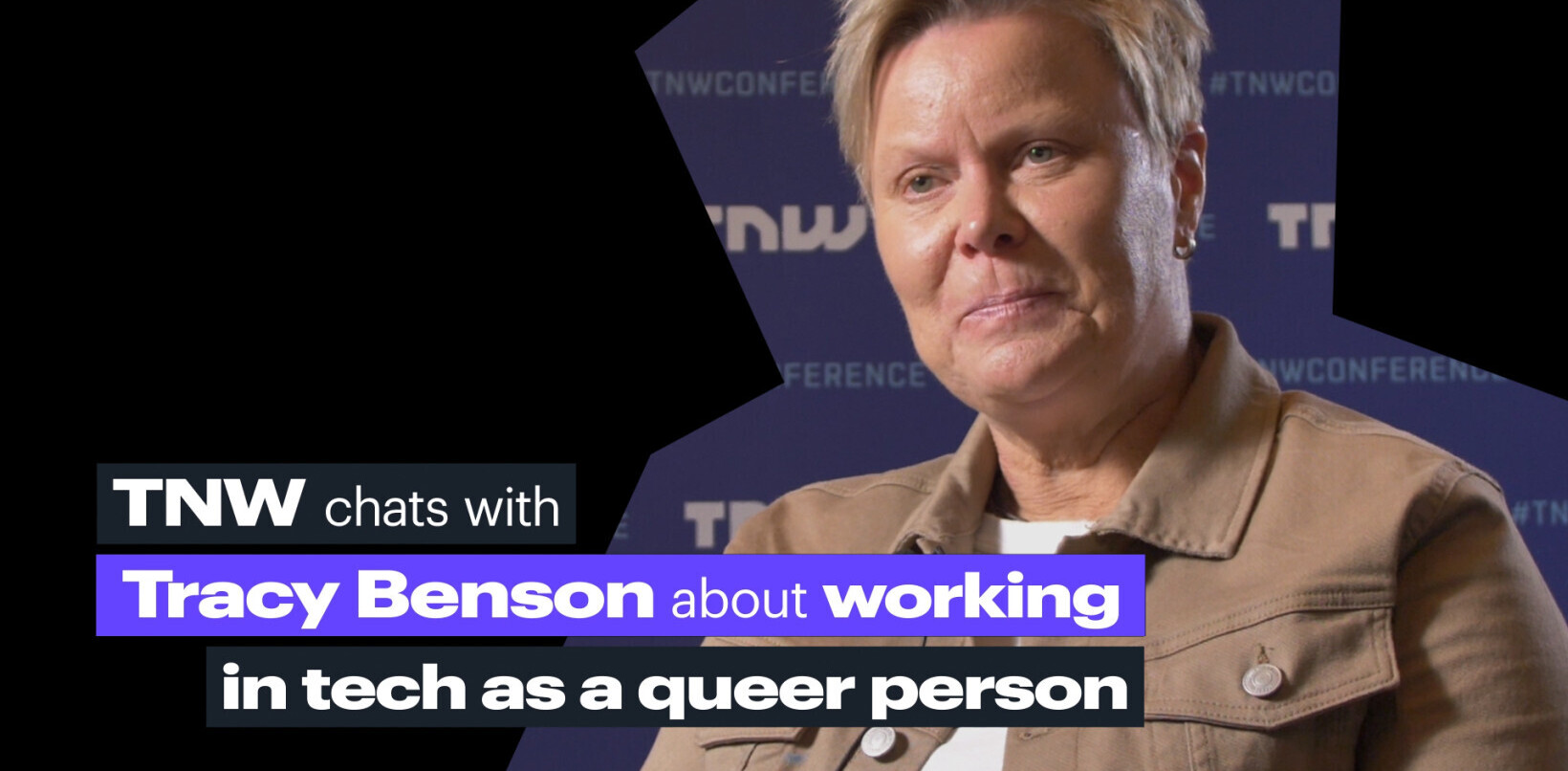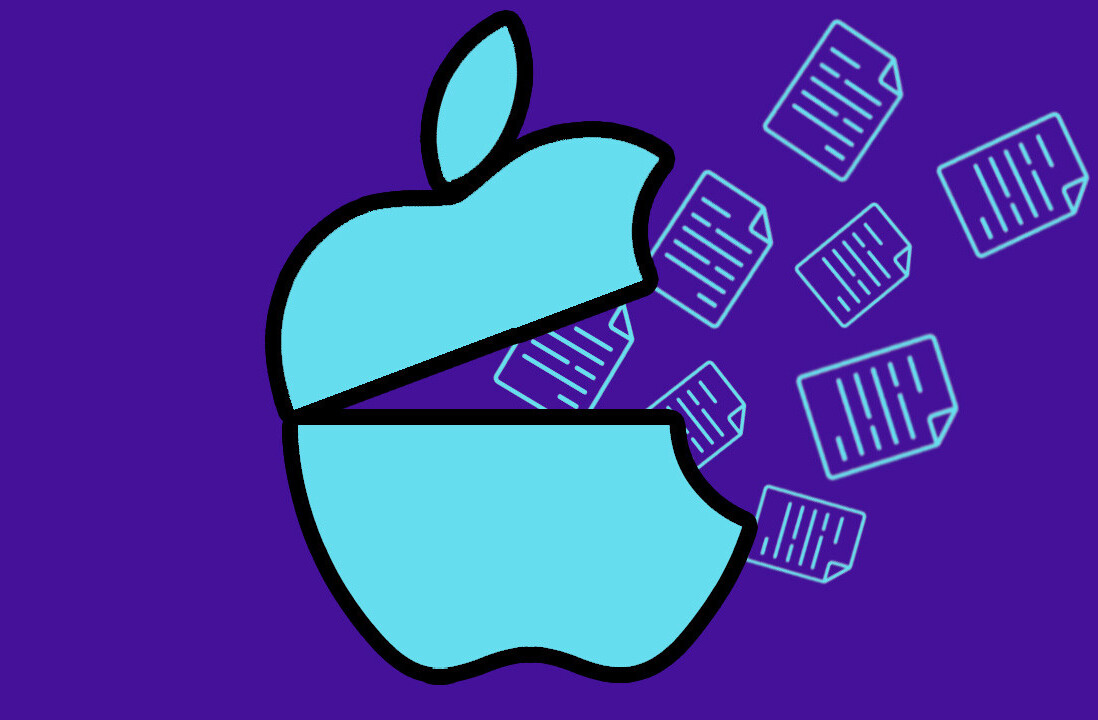
The issue came to the fore when AnandTech published a detailed report into OnePlus’ sneaky performance-limiting practices. Reporter Andrei Frumusanu first found issues with benchmarks of Chrome browser, which were unusually low for Qualcomm Snapdragon 888 processor designed for high-end phones.
Further investigation found that the Chinese manufacturer possibly has a list of apps whose performance is limited, including WhatsApp, Facebook, Instagram, Snapchat. Surprisingly, AndandTech’s report found OnePlus’ own apps in this list.

The issue escalated so much that Geekbench, a software that measures benchmarks of phones, decided to remove the OnePlus 9 and the OnePlus 9 Pro from its listings. It said, “We view this as a form of benchmark manipulation.”
OnePlus’ statement to XDA Developers indicates that it indeed made these ‘performance optimizing’ changes:
Following the launch of the OnePlus 9 and 9 Pro in March, some users told us about some areas where we could improve the devices’ battery life and heat management.
As a result of this feedback, our R&D team has been working over the past few months to optimize the devices’ performance when using 300 of the most popular apps, including Chrome, by matching the app’s processor requirements with the most appropriate power. This has helped to provide a smooth experience while reducing power consumption.
The company added that this tweak resulted in lower ratings in benchmarking apps, but users matter more. Okay… so why not communicate these changes to them?
Get the TNW newsletter
Get the most important tech news in your inbox each week.




